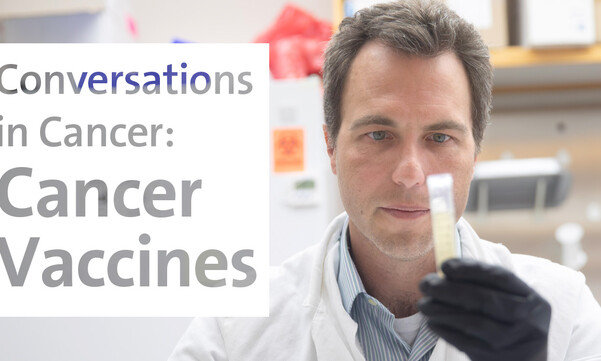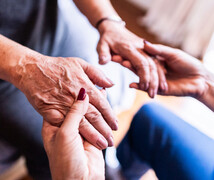Victims of bullies are more likely to experience physical health concerns as adults, while bullies experience more protective health benefits, according to new Duke research.
“The first things people think about are the emotional and psychological consequences of being a victim of bullying,” says William E. Copeland, PhD, an associate professor of psychiatry and behavioral sciences at Duke, and the study’s lead author. Last year, Copeland published research showing victims are more likely to experience lasting psychological harm into adulthood.
“We wanted to take it to the next step and see if there were biological consequences we could measure over time,” he said.
Copeland and his team have been following a large group of children in western North Carolina for more than 20 years. Using blood samples taken over time, they looked at C-reactive protein or CRP, an indicator of inflammation that has been linked to several diseases, including heart disease, in adulthood.
“Victims of bullies had the highest levels of inflammation in adulthood,” he said. “This is a concern because it can be an indicator of future health risk.”
Copeland and his team were surprised to find significantly lower CRP levels in the blood samples from bullies. The bullies’ CRP levels were even lower than levels found in people who had no involvement in bullying at all. “The experience of being a bully seems to exert a protective effect against the normal increase of inflammation we see across the population as a whole,” he said.
With a link to physical health established, Copeland said the next step in his research will be to determine the impact bullying has on the aging process. “We want to see if the deterioration that goes along with aging is accelerated in people who are exposed to high levels of stress, such as victims of bullying,” he says.
Learn more about Copeland’s bullying research:





